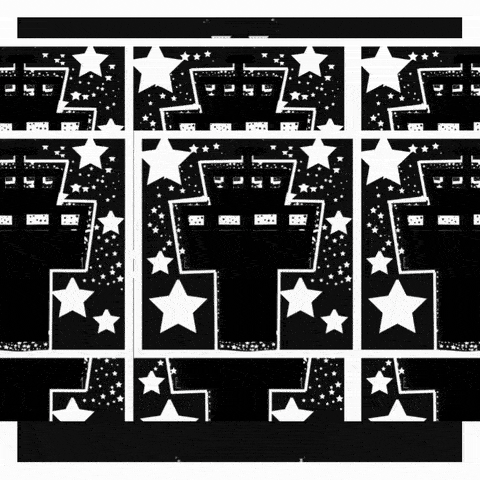Click here to flash read.
We introduce a language generation task grounded in a popular video game
environment. KNUDGE (KNowledge Constrained User-NPC Dialogue GEneration)
requires models to produce trees of dialogue between video game characters that
accurately reflect quest and entity specifications stated in natural language.
KNUDGE is constructed from side quest dialogues drawn directly from game data
of Obsidian Entertainment's The Outer Worlds, leading to real-world
complexities in generation: (1) dialogues are branching trees as opposed to
linear chains of utterances; (2) utterances must remain faithful to the game
lore- character personas, backstories, and entity relationships; and (3) a
dialogue must accurately reveal new quest details to the human player. We
report results for a set of neural generation models using supervised and
in-context learning techniques; we find competent performance but room for
future work addressing the challenges of creating realistic, game-quality
dialogues.



